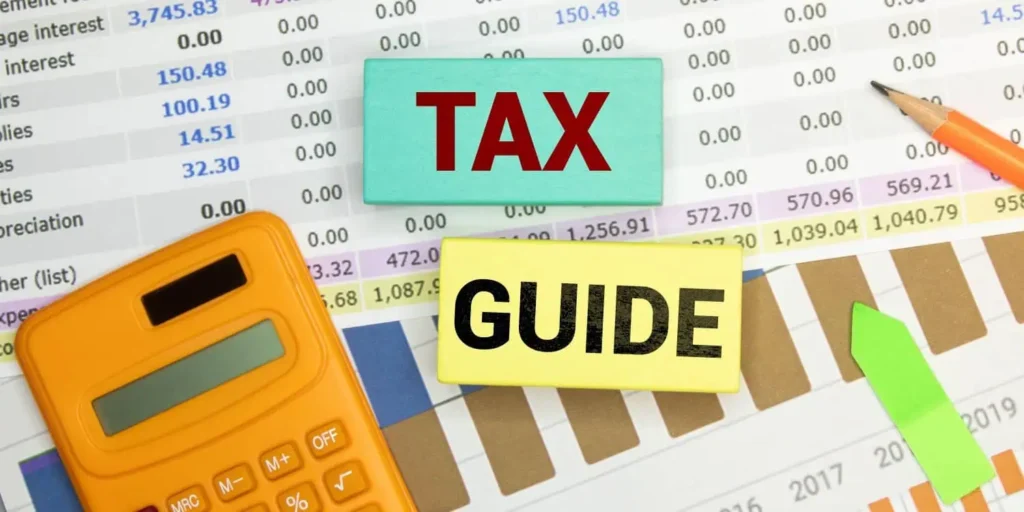Every year, governments make fiscal adjustments that impact individuals, businesses, and organizations alike. Statements such as “continue into the 2024/25 tax year” often appear in budget reports, tax documents, policy updates, or official announcements — and they carry more weight than you might think.
Whether you’re a taxpayer, business owner, financial planner, or just trying to stay informed, understanding what policies or changes are continue into the 2024/25 tax year is crucial. In this comprehensive guide, we’ll break down what the phrase means, the potential financial and legal implications, and how to prepare for upcoming fiscal responsibilities.
What Is a Tax Year?
Before diving into the phrase itself, let’s clarify what a tax year means.
In the UK, the tax year runs from 6 April to 5 April of the following year. For the 2024/25 tax year, it starts on 6 April 2024 and ends on 5 April 2025. Other countries may follow calendar years (like the US), but the core idea remains the same: the tax year is the accounting period during which income, expenses, and liabilities are assessed.
Understanding the Phrase “This Will Continue Into the 2024/25 Tax Year”
This phrase typically signals a policy, benefit, threshold, or tax measure that began in a previous year and is being extended or maintained through the upcoming tax year. It could relate to:
- Tax breaks
- Government subsidies
- Regulatory compliance
- Public sector funding
- Interest rates or deductions
- Cost of living adjustments
- Pandemic recovery plans
This continuation can have positive or negative implications depending on your role and circumstances.
Examples of What Might Continue Into 2024/25
1. Income Tax Thresholds
In recent years, some governments have frozen personal allowance thresholds — meaning although income increases due to inflation or raises, more people pay higher tax rates. If these freezes are said to continue into the 2024/25 tax year, it means:
- You might pay more tax even if your pay increase is modest.
- Higher-rate taxpayers could be drawn into the additional rate bracket.
Impact: Real-time earnings shrink, especially for middle-income earners.
2. Energy Bill Support
Some governments introduced energy subsidies to help households cope with rising utility costs. If this support is announced to continue into the 2024/25 tax year, it ensures:
- Ongoing assistance with energy bills
- Continued price caps or rebates
- Confidence for low-income households
3. Business Rates Relief
For small businesses, business rates relief schemes may be extended into the next tax year.
Impact:
- Lower fixed operating costs
- Encouragement for SMEs to invest or hire
- Sustained recovery from economic shocks like COVID-19 or inflation
4. Self-Employment Income Support
If certain self-employment support schemes continue into 2024/25, this helps freelancers and gig workers manage income disruptions, especially in sectors still recovering from instability.
5. Capital Gains Tax Thresholds
Some jurisdictions may reduce or freeze Capital Gains Tax (CGT) allowances, and if it’s stated this will “continue into the 2024/25 tax year,” it means:
- Investors must strategize around lower CGT exemptions
- More asset sales could incur tax
Why These Continuations Matter
1. Long-Term Financial Planning
Tax policies that continue for another year give individuals and businesses time to plan, invest, or adjust their strategies accordingly.
2. Policy Predictability
Announcements about continuations help create stability in policy implementation, which is important for:
- Investors
- Business owners
- Employers
- Local councils
- Public sector service providers
3. Household Budgeting
Families and individuals can more accurately forecast their take-home pay or expenses when they know which policies are continuing.
How to Interpret the Phrase in Context
When you read or hear “this will continue into the 2024/25 tax year,” look at the preceding sentence or paragraph. It often refers to:
- A specific policy measure (e.g., “The fuel duty freeze”)
- A tax allowance (e.g., “The ISA limit will remain at £20,000”)
- A support program (e.g., “The childcare voucher scheme will continue”)
Example:
“The temporary cut in stamp duty for first-time homebuyers will continue into the 2024/25 tax year.”
This implies that favorable property-buying conditions are extended, helping new buyers.
What to Do If a Policy Continues

For Individuals:
- Update your budget with any expected cost or tax implications.
- Review your income tax brackets, pension contributions, and allowances.
- Consider tax planning opportunities before 5 April 2025.
For Business Owners:
- Analyze how continuing schemes (e.g., VAT deferrals, loan guarantees) affect your cash flow.
- Speak to your accountant to review compliance responsibilities.
- Apply early for extended benefits or support schemes.
Examples of Official Usage
You might see this phrase in:
- Government Budget Statements
“The current freeze on fuel duties will continue into the 2024/25 tax year.” - HMRC Announcements
“The current income tax bands will remain unchanged and continue into the 2024/25 tax year.” - Pension Provider Notices
“Annual allowance carry-forward rules will continue into the 2024/25 tax year.” - Accountants’ Tax Guides
“The reduced VAT rate for hospitality continues into the 2024/25 tax year.”
Tax Planning Tips for 2024/25
- Use Full Allowances
– Personal Allowance
– Dividend Allowance
– Capital Gains Tax Exemption
– ISA Contributions - Time Your Income and Expenses
– Accelerate or defer income depending on tax bracket changes. - Check Relief Extensions
– Pension carry-forward
– Business expense deductions - Stay Updated on Thresholds
– As freezes can create “fiscal drag,” adjust expectations annually.
When Will the 2024/25 Tax Year End?
The UK 2024/25 tax year ends on 5 April 2025. After this date:
- Tax filings for that year begin
- Final assessments are issued
- Late changes will apply to the 2025/26 tax year
Conclusion
The phrase “this will continue into the 2024/25 tax year” is more than just a formality. It’s a signal of policy continuity, fiscal planning, and strategic implications. Whether it refers to tax freezes, subsidies, thresholds, or benefits, being informed allows you to act wisely — minimizing tax burdens, taking advantage of opportunities, and managing risk.
Make sure to monitor official announcements, consult with a financial advisor or accountant if needed, and update your plans early. Staying proactive is the key to turning government policy into personal or business advantage.



